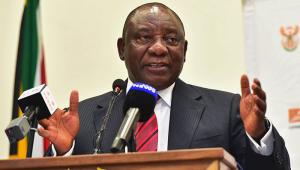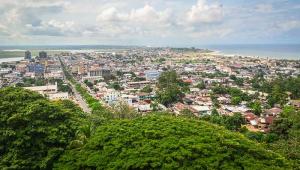The money will be given through credit and grants to improve access to urban and social services for more than 120,000 "city dwellers", the bank said in a statement.
Djibouti's minister of housing, Amina Abdi, said: “The government of Djibouti has the ambition to eliminate slums in its territory and provide good living conditions to all its citizens.
“This operation is an important milestone of that transformational agenda and constitutes the first financing of a large restructuring programme.”
The money will also help create schools and better job opportunities for people living in slums, along with improved transport, street-lighting and access to water in the targeted area.
The project will particularly focus on the capital – Djibouti Ville – which has a high urban growth rate as a result of natural demographics combined with a continuous influx of people both from rural areas of Djibouti and from neighbouring countries, the bank said.
Because of this, more than one-third of the capital city’s population lives in 13 “rapidly growing slums” in new extensions on the outskirts of the city, it added.
Atou Seck, World Bank resident representative for the country, said: “This operation is an important step towards ensuring that all people in Djibouti live with adequate housing and social and mobility services.
“Support will be provided for [government] investment reforms, most notably [through] administration and regulation efforts already under way.”
According to the bank, its portfolio in the country consists of 11 International Development Association-funded projects, totalling $150m, which focus on social safety nets, energy, rural community development, urban poverty reduction, health, education, governance and modernisation of public administration, with an emphasis on women and youth.







